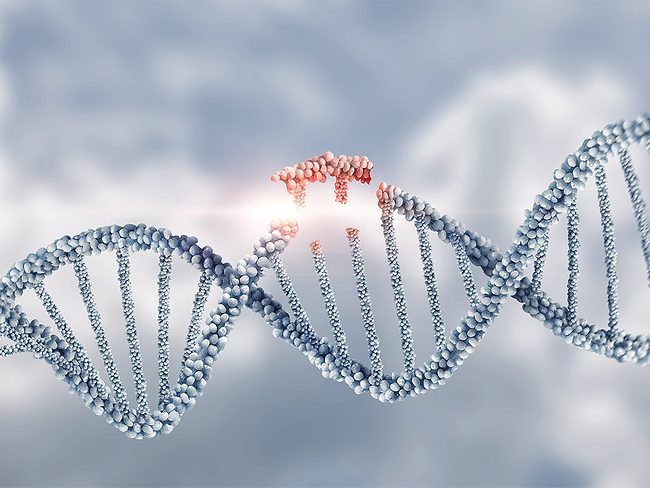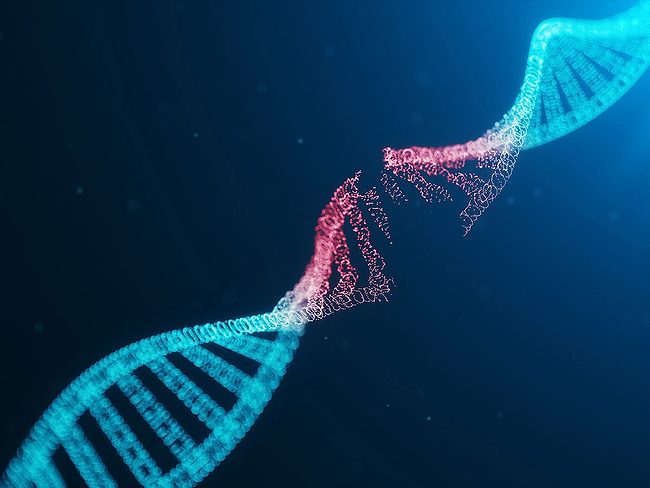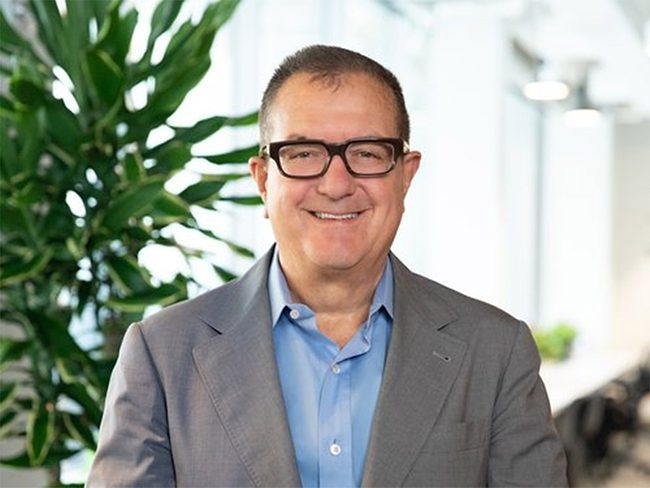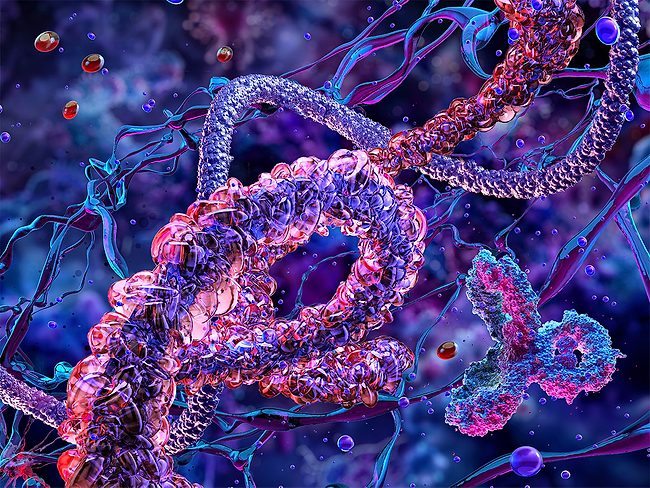
Drug design, drug delivery and technologies
Drug design, drug delivery & technologies
Exscientia and Sanofi announce discovery program progress
Read MoreDrug design, drug delivery & technologies
Chemistry Nobel awarded for 3D protein design, prediction work
Read MoreDrug design, drug delivery & technologies
Alnylam’s founder brings in a $135M series A for City Therapeutics
Read MoreDrug design, drug delivery & technologies
Chemistry Nobel awarded for 3D protein design, prediction work
Read MoreDrug design, drug delivery & technologies







